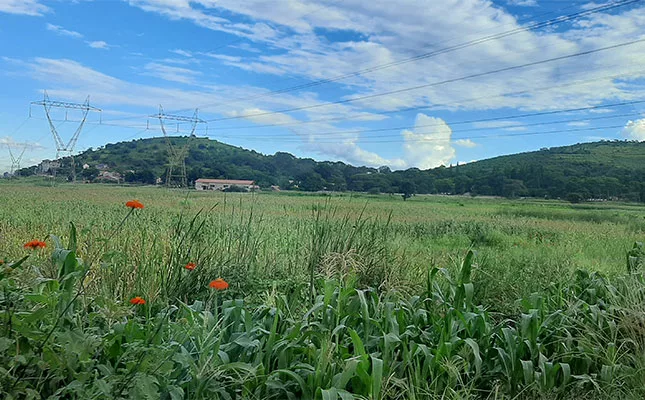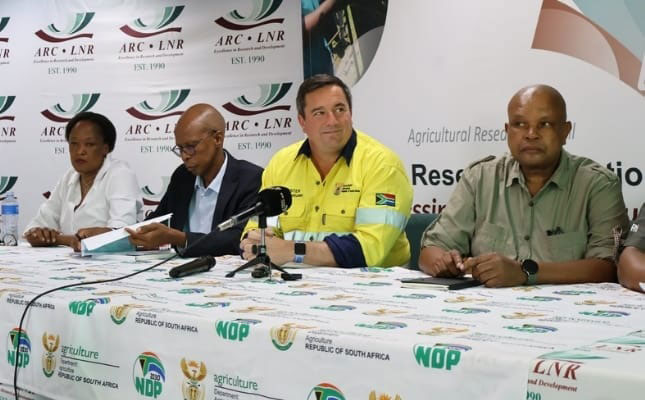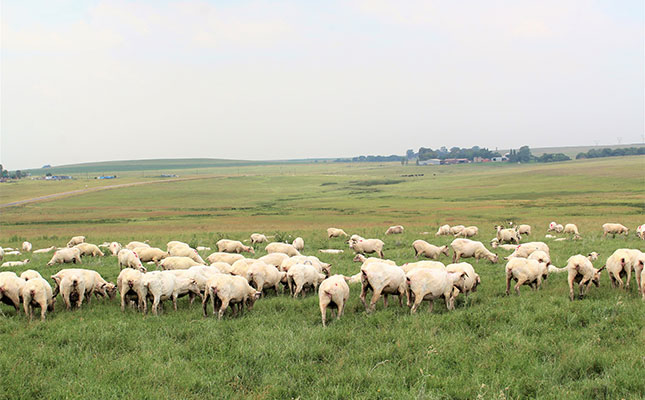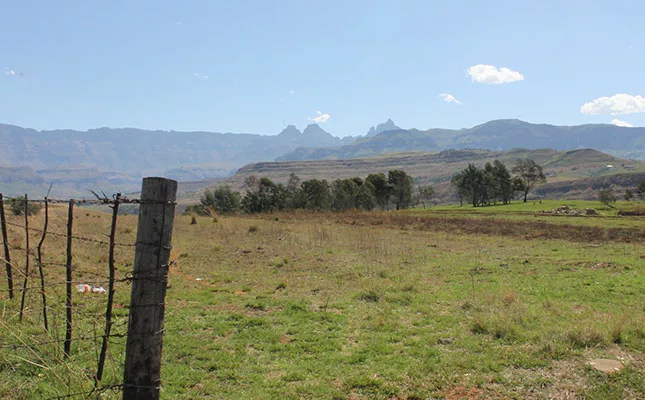
Born and bred in Zimbabwe, 68-year-old farmer Stuart Brent told Farmer’s Weekly he was evicted from Kilvington Farm in Norton, just outside Harare, in September 2002.
In April this year, the state-owned Herald newspaper reported that the government had started paying white farmers compensation for the land grabs that occurred under the so-called Fast-track Land Reform Programme (FTLRP).
It reported that investors whose farms were protected under Bilateral Investment Promotion and Protection Agreements (BIPPAs) would be compensated for land and improvements, while those who lost land through the FTLRP would be compensated for improvements only.
The Valuation Consortium (Valcon), a Zimbabwean valuation company, and the government’s Land Compensation Committee came up with a valuation figure of US$5,2 billion (R90 billion) for improvements on farms.
According to the Compensation Steering Committee (CSC), the Commercial Farmers’ Union came up with a compensation figure of US$10 billion (R174 billion), while independent professional valuers settled for US$8,5 billion (R148 billion). Both figures included the value of land, which was US$3,2 billion (R56 billion).
After lengthy negotiations, the government adjusted its figure to US$3,5 billion (R61 billion), a figure that is currently operational.
Brent said that initially, improvements on his farm were valued at US$1,6 million (R28 million), but as the government was opposed to paying that amount, negotiations saw the payment reduced to US$800 000 (R14 million).
He said he had bought the farm in 1990 after getting a certificate from the government that it had no interest in that property, hence he could purchase it. He then took a loan from Standard Chartered Bank that he repaid over five years.
From hope to hardship
Brent moved to Nigeria in 2009 with the hope of starting commercial farming there, but the expedition turned into a terrible flop due to a lack of promised finance and backing from the Nigerian government.
“I left Nigeria after living in tents in the middle of the bush for a year,” he explained.
He added that no amount of compensation would ever make up for the suffering he endured due to the loss of his home, business, and his only profession, farming. When he returned to Zimbabwe, he lived off savings and gratuity payments.
He said he used to grow tobacco, maize, Rhodes grass seed for export, had cattle, and had just started an ostrich project when he was evicted from his land. Brent now lives in a retirement home near Harare with his 65-year-old wife.
Rejection of ‘unfair and discriminatory’ compensation
Deon Theron, a farmer who rejected the compensation deal, said most dispossessed farmers decided not to sign up for compensation because the deal violated the country’s laws that stated payment should be fair and paid within a reasonable time.
Theron, a CSC member, said the deal was discriminatory. He explained that Zimbabwean citizens, considered indigenous and foreigners, covered under BIPPA were paid the full price in cash for the land and improvements. However, citizens not deemed indigenous were treated differently.
“The way forward is to talk to the international community and the government of Zimbabwe to find a way forward of financing fair compensation for everyone. This is possible, and we are busy talking to the government and various embassies and international financial institutions,” he added.
Theron said that after 1980, over a period of 37 years, he managed to buy three farms through loans from the Agricultural Finance Corporation.
“I lost my third farm with everything on it through violence in 2000. It is now settled with hundreds of A1 settlers.
“I lost my second farm in 2004 and my first farm in 2008. It was my main farm where we lived, and it was a dairy farm I built from scratch,” he said.
“When I visited the farm a few years ago, there was very little going on. I saw a few goats and about seven people hanging around.”
According to Theron, about 90% of acquired farms were valued by Valcon, and the valuation exercise was largely funded by the EU.
He said the law required that people be paid within a reasonable time and stipulated that interest should be paid if compensation was delayed, yet he had not received a cent in more than two decades.
“The question remains: why am I being discriminated against as a born-and-bred Zimbabwean when foreigners are treated differently? I am being discriminated against because of the colour of my skin.
“Our constitution does not allow discrimination against any race,” he added.
“A liberation war was fought to end racial discrimination. Now we are back to doing exactly what that was opposed.”
Creation of the farm database
Anthony Purkis, director of Valcon, said that when it became clear around 2002 that farm expropriations were a reality, most farmers wanted valuations before they lost their properties.
He added that the only way to meet the demand was to employ mass valuation methods, which led to the formation of the farm database.
Purkis said it wasn’t until 2017 when then-president Robert Mugabe lost power to Emmerson Mnangagwa that real communication started between Valcon and the Ministry of Lands, Agriculture, Fisheries, Water and Rural Development; the Ministry of Finance; and other government departments.
In July 2020, the government signed an agreement called the Global Compensation Deed (GCD) with farmers, Valcon, and other stakeholders, based on the US$3,5 billion (R61 billion) payout.
Purkis said the GCD promised a 50% down payment 12 months after acceptance of the deed, followed by 12,5% in each of the subsequent four years.
He added that the farmers did not receive any payment within the set time frame, and the government came up with another offer, the Farmers Compensation Agreement (FCA), in 2023.
“The [FCA] is a 10-year deal with a mix of small amounts of cash and Treasury bills/bonds. Approximately 1 000 applications have been accepted for the FCA, and 631 of those have received a 1% cash payment to various bank accounts here or in other countries in US dollars. That is the 1% allocated in the agreement of the value of the improvements only.
“The Land Acquisition Act and the Constitution make it quite clear that land will not be compensated by this country, only improvements to the land, which include buildings, roads, fencing, irrigation, and so on.
“The remainder of the compensation is to be paid in Treasury bonds over 10 years, maturing yearly with 2% interest on outstanding value,” he explained.
Purkis said the compensation figure for improvements was initially recorded as US$5,2 billion (R90 billion) but was deemed unaffordable by the government and reduced through bargaining to US$3,5 billion (R61 billion), which most farmers reluctantly accepted and was still the accepted FCA figure.
He added that the Valcon database included over 90% of all commercial farms registered for compensation. Although it recorded 4 700 farms, they were owned by just 2 450 farmers, highlighting that some farmers owned more than one farm.
Get trusted farming news from Farmers Weekly in Google Top Stories.
➕ Add Farmers Weekly to Google ✔ Takes 10 seconds · ✔ Remove anytime







